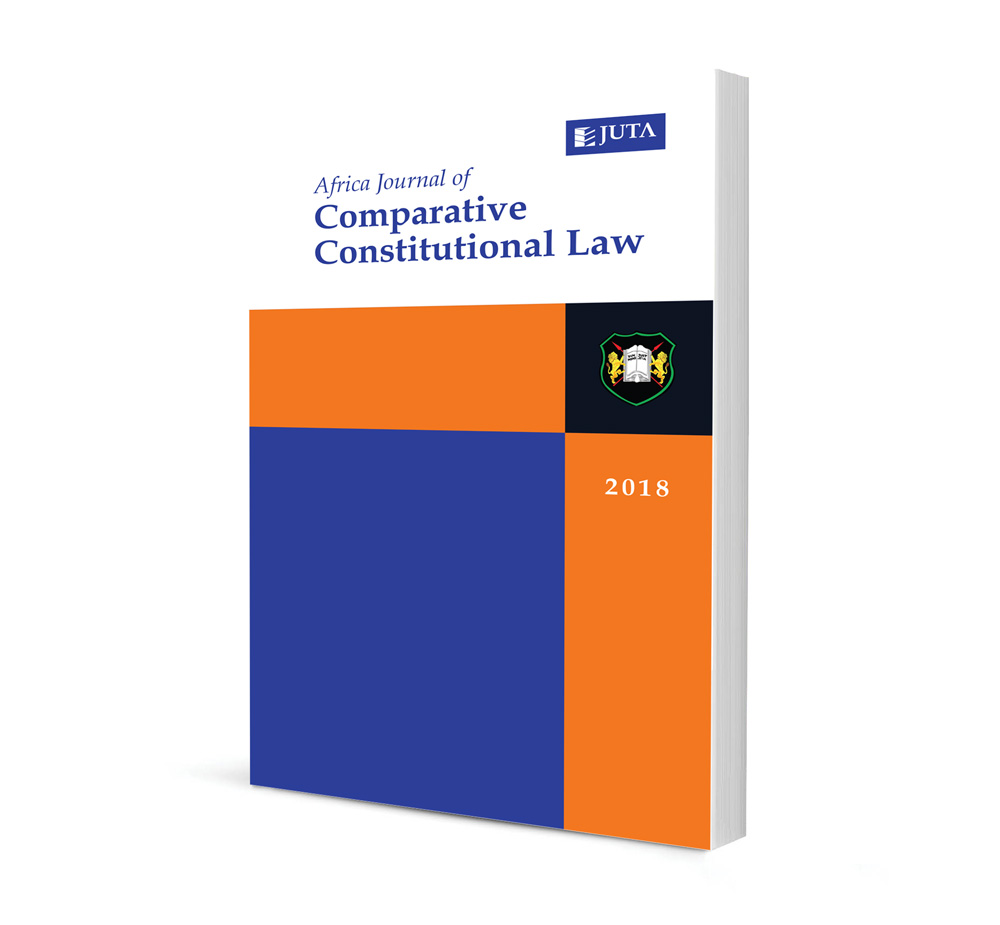
The Making and Remaking of National Constitutions in African Regional Courts
Authors
ISSN: 2521-5434
Affiliations: Extraordinary lecturer (Centre for Human Rights, University of Pretoria), faculty member, ‘Constitution Building in Africa’ course (Central European University), Principal Legal Officer (African Court on Human and Peoples’ Rights)
Source: Africa Journal of Comparative Constitutional Law, 2018, p. 35 – 70
Abstract
In the two decades that followed the entry into force of the African Charter on Human and Peoples’ Rights in 1986, the Organisation of the African Unity – now African Union – and Regional Economic Communities adopted numerous treaties with the primary aim of achieving political and economic integration or fostering human rights. In that context, the stated intergovernmental organisations adopted conventions specifically devoted to attaining common regional standards on democracy, good governance and elections. Considered separately or jointly, the norms thereby developed have set the stage for the regionalisation of principles that traditionally belong to domestic constitutions, such as supremacy of the constitution, rule of law, separation of powers, independence of the judiciary, democracy and the protection of fundamental rights. A close examination reveals that the increased activity of the regional judicial institutions entrusted with the interpretation and application of these norms is generating a growing body of jurisprudence, which has the potential of shaping domestic constitutional law and practice. This article interrogates whether, and the extent to which, African regional courts are (re)making constitutions in the region.